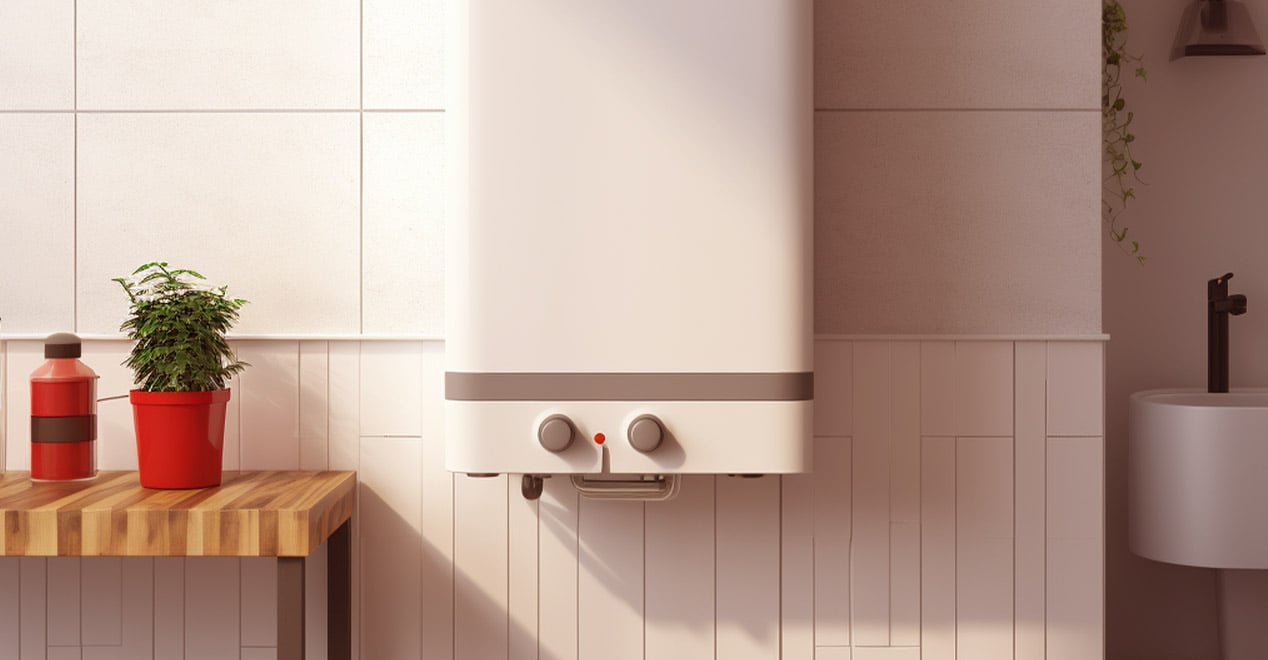Running out of hot water in the middle of your shower or feel like the energy bill is high to keep that traditional water heater running? If so, it might be time to consider switching to a tankless water heater. In this article, we'll explore the many benefits of tankless water heaters, with a particular focus on their energy efficiency. By the end, you'll have all the information you need to make an informed decision about upgrading to this modern marvel of home technology.
Endless Hot Water Supply
One of the biggest advantages of switching to a tankless water heater is the endless supply of hot water it provides. Unlike traditional water heaters, which store a limited amount of hot water in a tank, tankless models heat water on demand. This means you can take long showers, run multiple appliances, and never worry about running out of hot water. It's a game-changer for larger households or homes with high hot water demands.
Energy Efficiency at Its Best
Now, let's dive deeper into the primary focus of this article: energy efficiency. Tankless water heaters are renowned for their efficiency in energy consumption. Here's why they're a much greener choice:
No Standby Heat Loss
Traditional water heaters keep a tank full of hot water 24/7, even when you're not using it. This constant heating results in standby heat loss, where energy is wasted. In contrast, tankless heaters only heat water when you turn on the tap. This means no standby heat loss, saving you energy and money.
High Energy Factor (EF)
The Energy Factor (EF) is a measure of a water heater's overall efficiency. Tankless water heaters have a higher EF compared to traditional models. They can range from 0.80 to 0.99, indicating that they convert a significant portion of the energy they consume into hot water, minimizing waste.
Lower Energy Bills
Due to their energy-efficient design, tankless water heaters can substantially reduce your energy bills over time. While the initial purchase and installation cost might be higher, the long-term savings make them a wise investment.
Space-Saving Design
Another compelling reason to switch to a tankless water heater is their compact design. Traditional water heaters take up valuable space in your home, typically residing in a utility closet or basement. Tankless models, on the other hand, are wall-mounted and take up minimal space. This opens up opportunities for additional storage or more versatile room layouts.
Longer Lifespan
Tankless water heaters tend to outlast traditional tank-style heaters by several years. While a traditional water heater might last 10-15 years, a tankless unit can easily provide hot water for up to 20 years with proper maintenance. This extended lifespan not only saves you money in the long run but also reduces the environmental impact of manufacturing and disposing of water heaters.
Reduced Risk of Water Damage
Traditional water heaters can fail catastrophically, causing significant water damage if the tank ruptures. Tankless models don't have this risk since they don't store water. This added peace of mind can be invaluable, especially if your water heater is located in a sensitive area of your home.
Incentives and Rebates
Many governments and utility companies offer incentives and rebates for installing energy-efficient appliances like tankless water heaters. These financial incentives can help offset the initial purchase and installation costs, making the switch even more attractive.
Switching to a tankless water heater is a smart decision for various reasons, with energy efficiency being a standout benefit. The endless hot water supply, reduced energy bills, and longer lifespan make tankless models an excellent choice for both your wallet and the environment. So, if you're tired of cold showers and high utility bills, it's time to consider making the switch to a tankless water heater. You'll enjoy hot water when you want it, save money, and reduce your carbon footprint – a win-win all around. Make the change today and experience the convenience and energy efficiency of a tankless water heater in your home.
